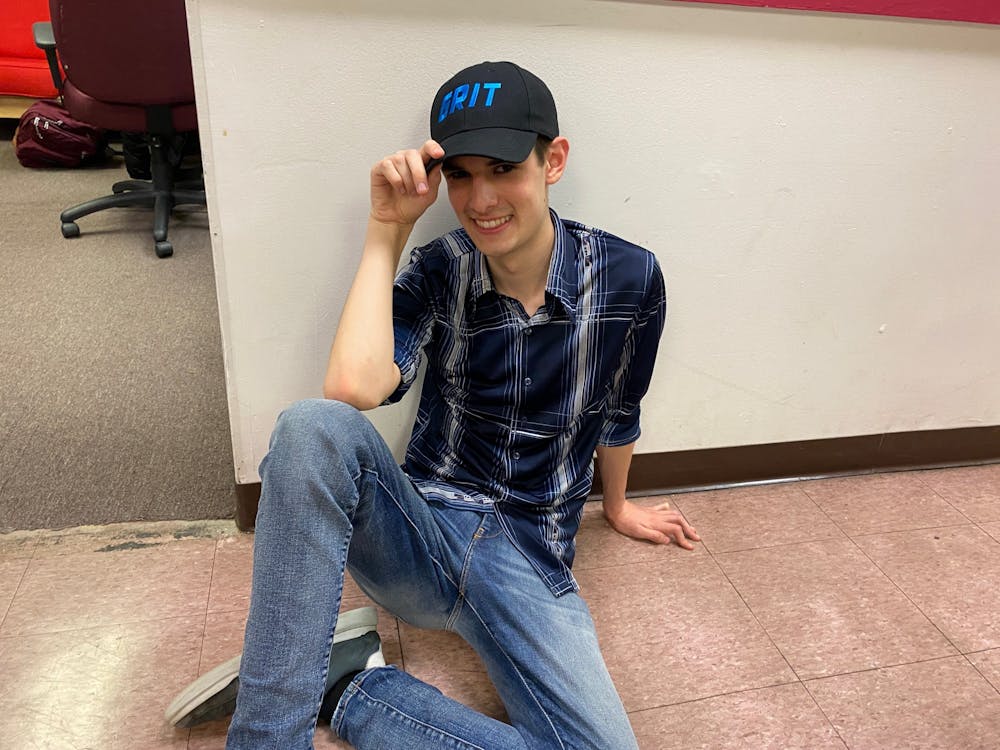At the beginning of last semester, I started Prozac. That’s the brand name of fluoxetine, which is an SSRI—selective serotonin reuptake inhibitor. Pretty much my brain either doesn’t make enough serotonin, or takes it back up from the synaptic cleft too quickly. My psychiatrist didn’t test for any of this when I met with him; he knew I had a family history of depression, and asked me to describe how I felt in one of my lows.
I told him there was a sadness there, but not the sharp, cathartic kind, accompanied by hopelessness about my own future and the kind of existential dread that makes it hard to tell whether humans have always felt this way or if that’s just what late stage capitalism wants you to think. The depression didn’t come from nowhere; it would start with a reminder—that I was more single or less accomplished than I’d wanted to be—that would balloon out until I had to ask if normal people got this miserable about the same things.
He decided Prozac and I were a good fit.
Before anything else, there were the side effects. I got really tired, but whenever I slept I’d have these multi–night stress dream marathons. The first few weeks featured daily bouts of derealization, which means that the world felt suddenly dreamlike. When the meds finally started to work as intended, it was hard to notice them. The effects just weren’t hitting me as hard as they used to, and my “recovery time” went down from days to maybe a day at most.
There was a problem though: I was still sleeping through my lectures, and my verve for working hard in classes with less–than–inspiring profs had yet to bounce back. A kind of fundamental shift had happened. Without the looming threat of a grade–induced depression, grades didn’t seem as important. Somewhere along the way, I shifted from a primarily fear–based motivation to one that was driven by passion.
People love to throw around the phrase, “Prozac Nation,” as a scare tactic, conjuring images of a lobotomized society too Xanned–out to feel anything. But the original Prozac Nation, a 2001 cult classic starring Christina Ricci (j’adore), has the opposite message. The film is set in the pre–medication '80s, following a Harvard student named Lizzie—in an uncanny bit of coincidence, she’s also a music writer—as she spirals out of control, choosing every wrong option to cope with her instability.
I was worried, in a way that a lot of people are worried when they start psychiatric treatment, that I’d become dull—a shell of the former self who loved that I could relate to Fiona Apple because we both felt too much. Of course, I needn’t have been. My brain just needed a little recalibration.
This issue is called ‘Your Brain on UPenn,’ but it’s not really about the havoc Penn wreaks on your psyche. These stories begin after the damage has already been done, and ask how we can recalibrate our minds to reach some semblance of our former selves, or emerge on the other side a new, more whole version. Some of us turn to comfort shows or cut our own bangs, while others rewire their brains with psychedelics. Our feature explores the doctrine of positive psychology, certainly the healthiest approach, but perhaps not as much of a panacea as it’s cracked up to be.
If there’s one thing our staff learned putting this package together, it’s that not everyone needs Prozac, but everyone needs a way to cope. When you look at it that way, antidepressants don’t seem so bad anymore.
SSSF,
Walden







